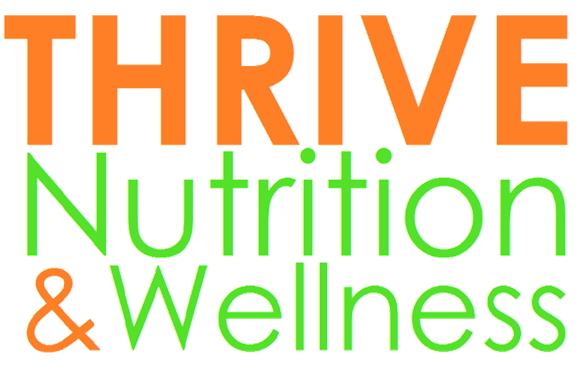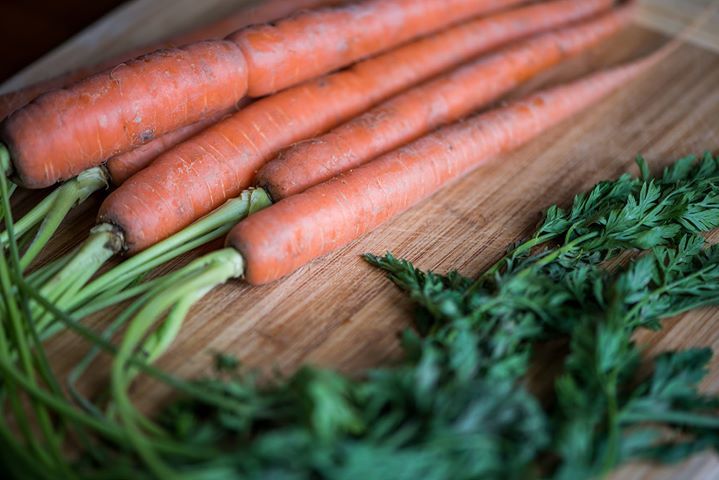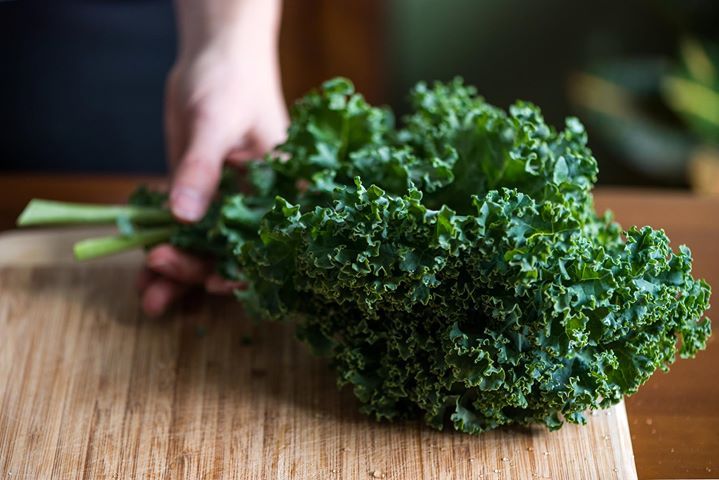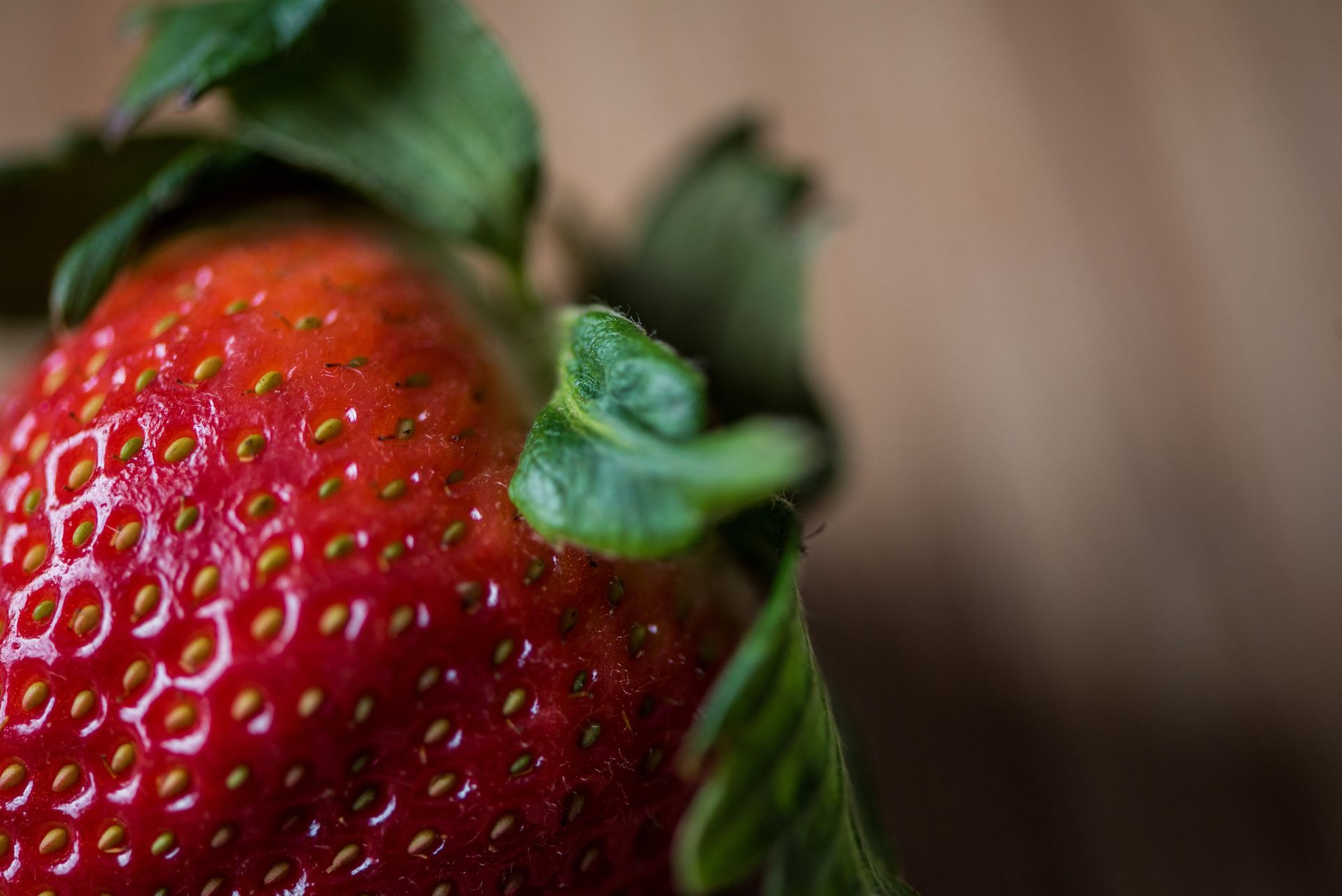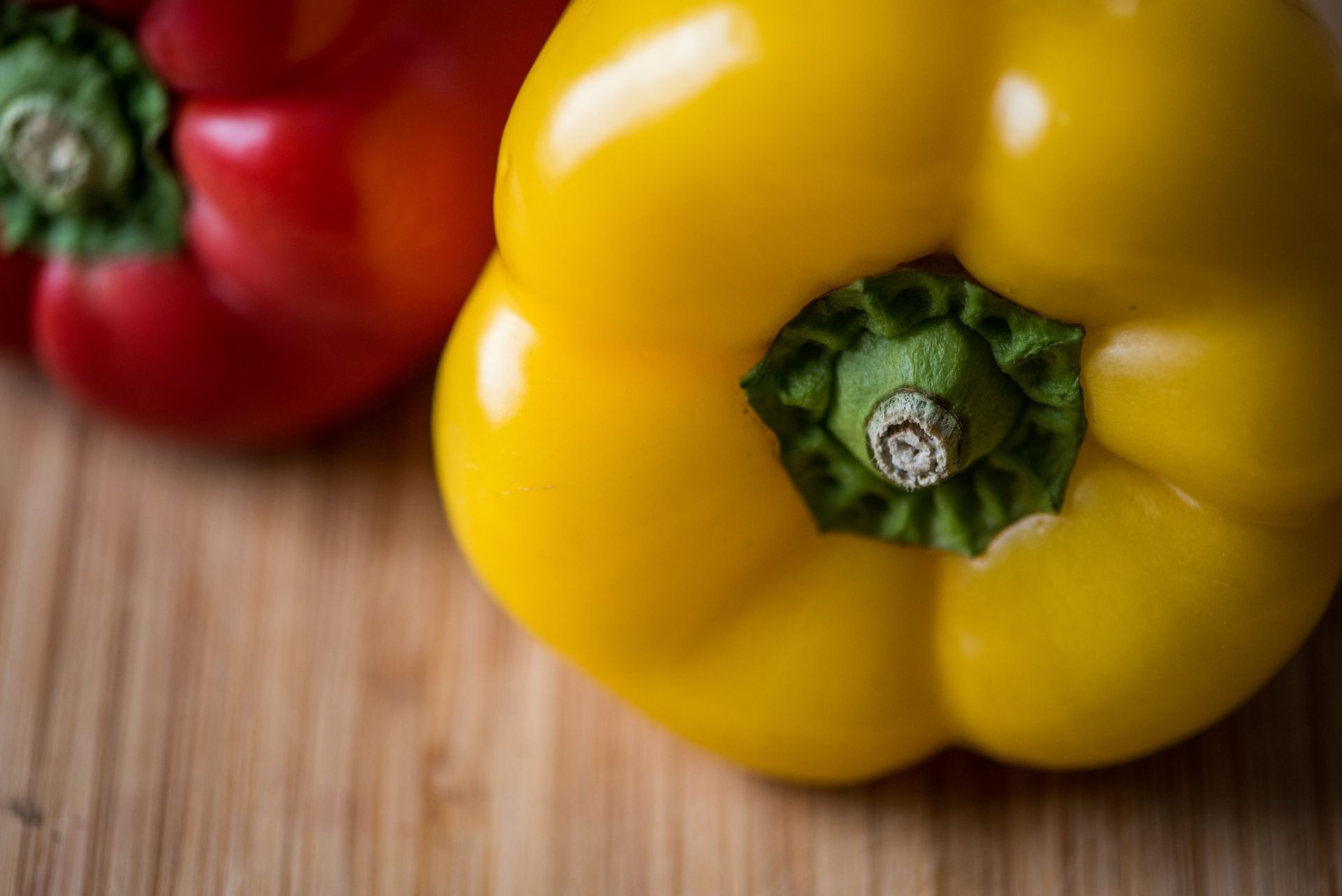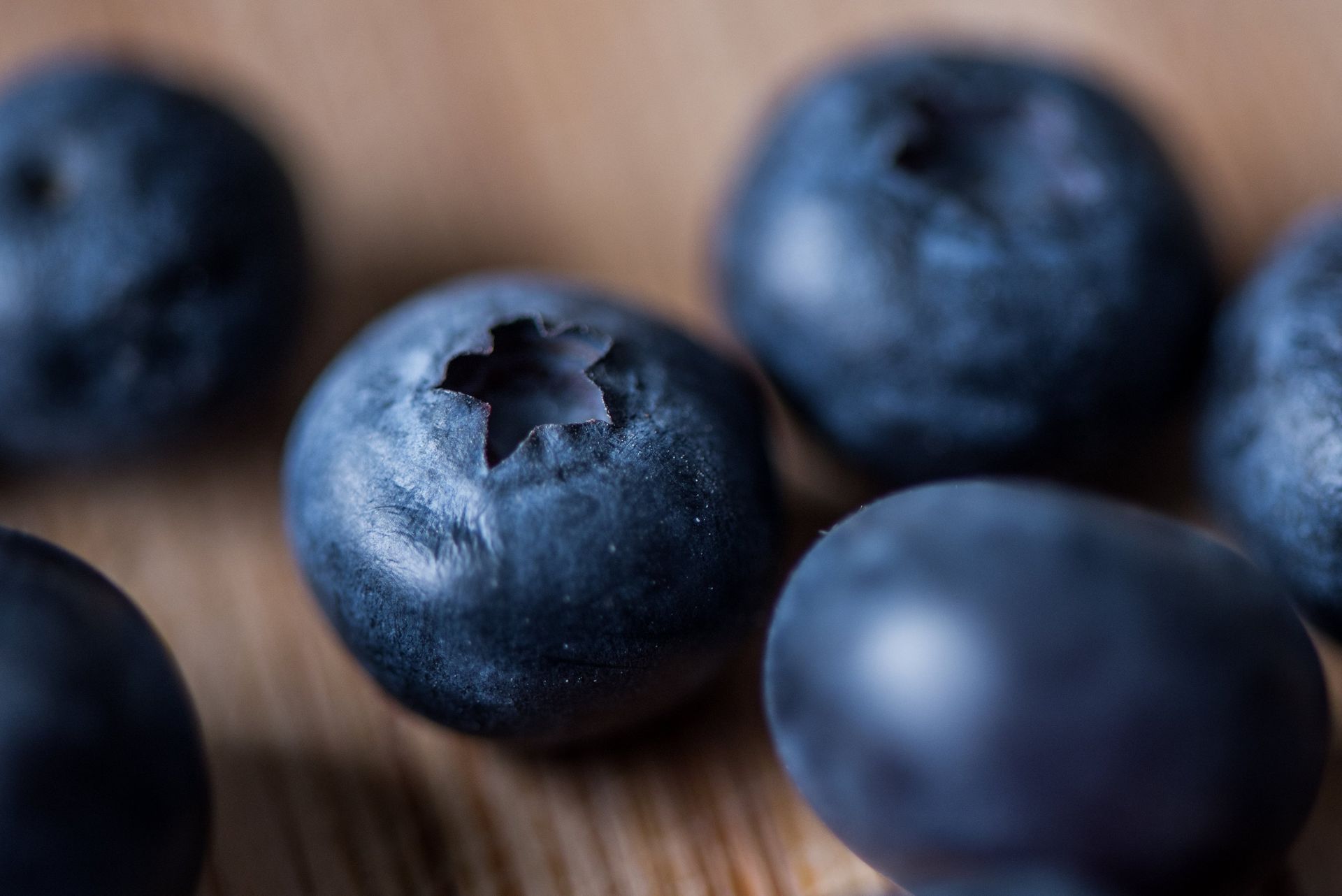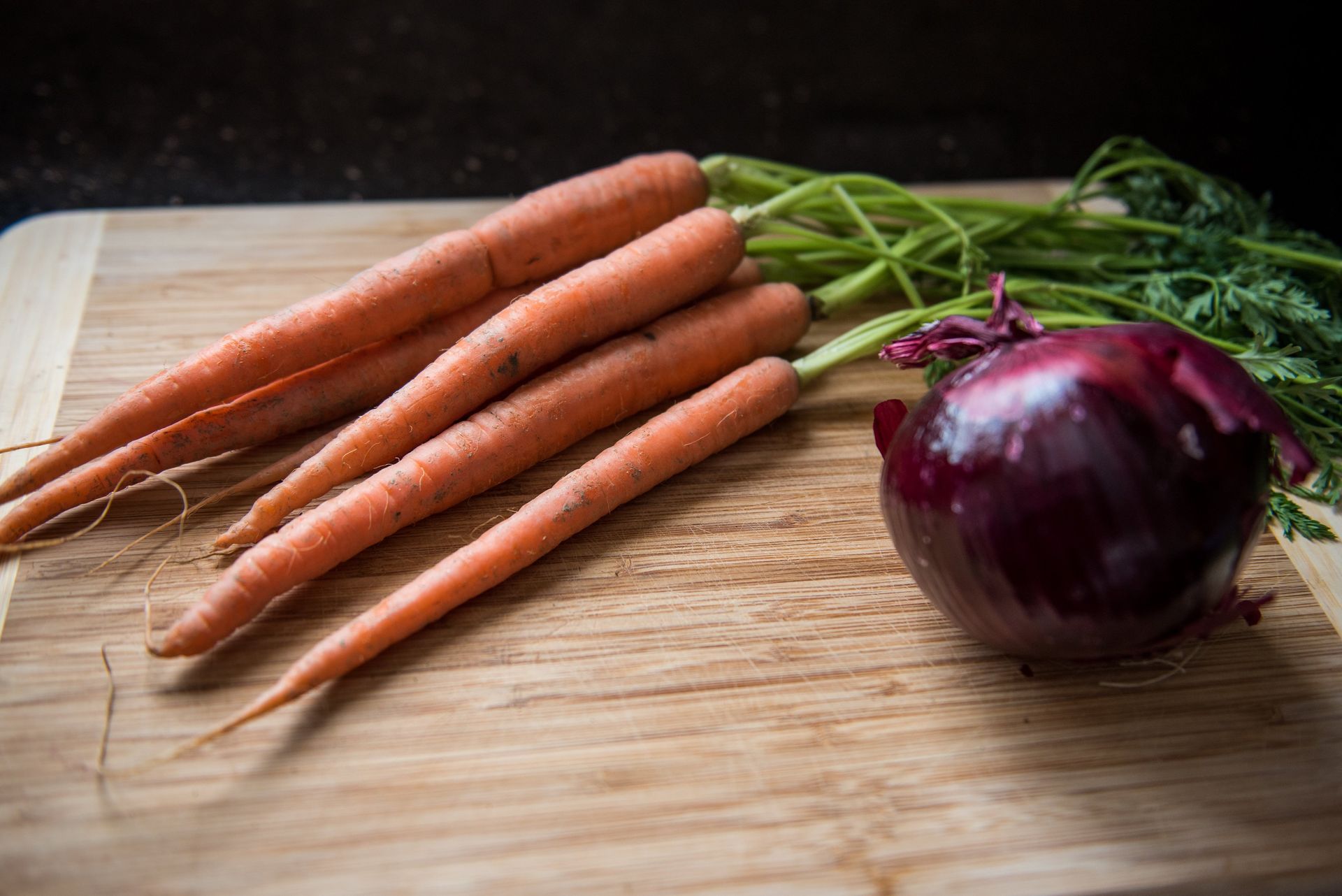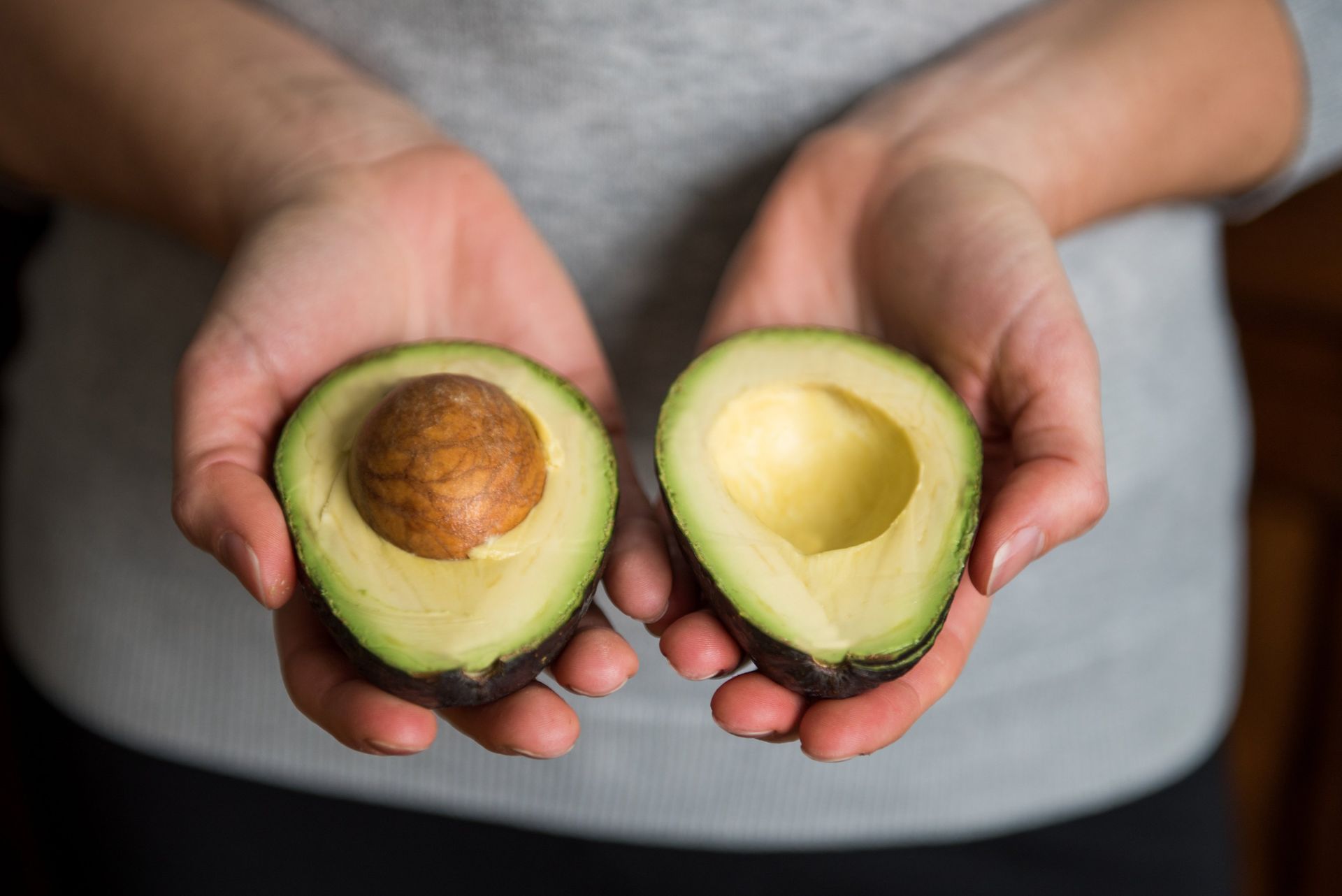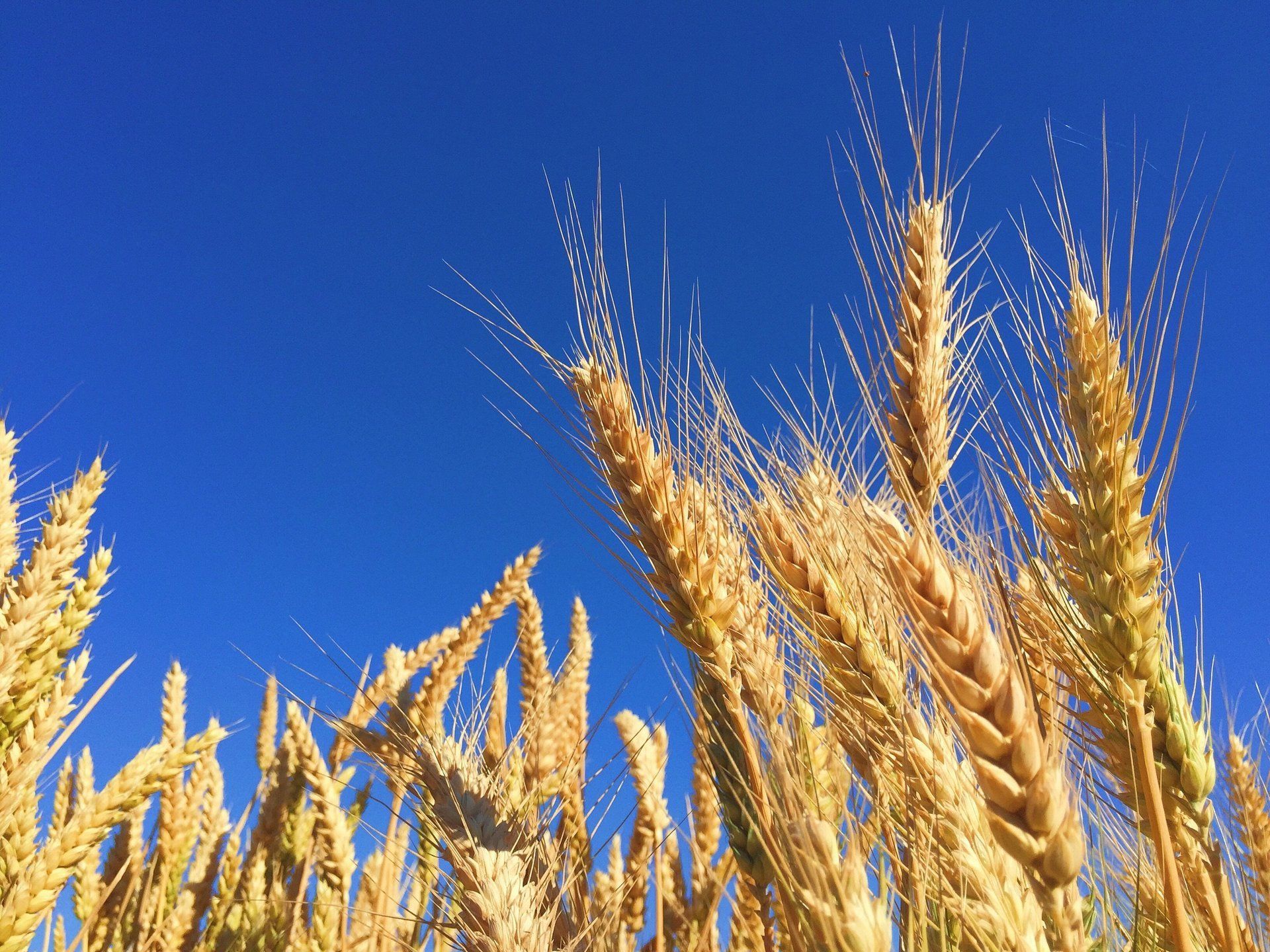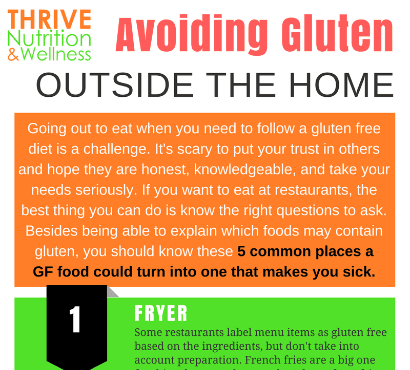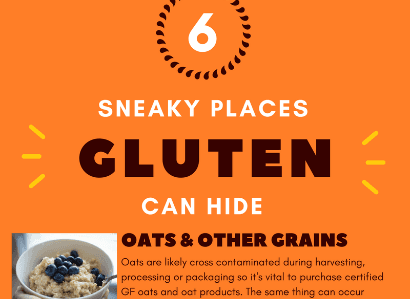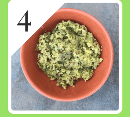Do You Love Someone with Celiac Disease?
- By Andrea Langston, MS, CNS, CDN
- •
- 02 May, 2018
- •
If so, you may be at an increased risk of developing it.

If you or someone in your family has celiac disease, it's important for everyone in the family to get tested.
Celiac disease is genetic and according to the University of Chicago Celiac Disease Center, first-degree relatives (that's a parent, child or sibling) have a 1 in 22 chance of developing it in their lifetimes, while second-degree relatives (cousins, aunts, uncles, grandparents) have a 1 in 39 risk.
The other important thing to note is that celiac disease can "turn on" at any time. You may be tested now and be negative, but something can trigger it's activation down the road. Regular screenings can improve the rate of diagnosis, reducing damage to the body and potential for serious long term impacts. Screening involves a simple blood test.
You can also check to see if you carry one of the genes that is responsible for celiac disease (HLA-DQ2 or HLA-DQ8). If you are at-risk because a family member has celiac disease and find out you do not carry either of these genes, continued testing would not be necessary because research has shown that only people with one of these genes is at risk of developing celiac disease. Testing for these genes is also done with a blood test.
On the flip side, having one of these genes does not mean you have active celiac disease, it simply means you are "at-risk" of developing it. That does NOT mean you are destined to develop it. Researchers believe that only 1 to 4% of people who have the genes will actually develop celiac disease, which is good news, considering that 35% of the American population carries one of these genes.
Remember, if someone in your family has celiac disease, your risk for this autoimmune condition is increased. However, that does not mean you will develop it. It's simply important to be aware and get tested regularly.
If you have celiac disease, please talk to your family about getting tested. Because celiac disease can manifest itself as completely different symptoms in different people, and some people experience no symptoms at all while still incurring damage to their bodies, this conversation can greatly impact the health of those you love.
Do your part and spread the word!
Celiac disease is genetic and according to the University of Chicago Celiac Disease Center, first-degree relatives (that's a parent, child or sibling) have a 1 in 22 chance of developing it in their lifetimes, while second-degree relatives (cousins, aunts, uncles, grandparents) have a 1 in 39 risk.
The other important thing to note is that celiac disease can "turn on" at any time. You may be tested now and be negative, but something can trigger it's activation down the road. Regular screenings can improve the rate of diagnosis, reducing damage to the body and potential for serious long term impacts. Screening involves a simple blood test.
You can also check to see if you carry one of the genes that is responsible for celiac disease (HLA-DQ2 or HLA-DQ8). If you are at-risk because a family member has celiac disease and find out you do not carry either of these genes, continued testing would not be necessary because research has shown that only people with one of these genes is at risk of developing celiac disease. Testing for these genes is also done with a blood test.
On the flip side, having one of these genes does not mean you have active celiac disease, it simply means you are "at-risk" of developing it. That does NOT mean you are destined to develop it. Researchers believe that only 1 to 4% of people who have the genes will actually develop celiac disease, which is good news, considering that 35% of the American population carries one of these genes.
Remember, if someone in your family has celiac disease, your risk for this autoimmune condition is increased. However, that does not mean you will develop it. It's simply important to be aware and get tested regularly.
If you have celiac disease, please talk to your family about getting tested. Because celiac disease can manifest itself as completely different symptoms in different people, and some people experience no symptoms at all while still incurring damage to their bodies, this conversation can greatly impact the health of those you love.
Do your part and spread the word!
